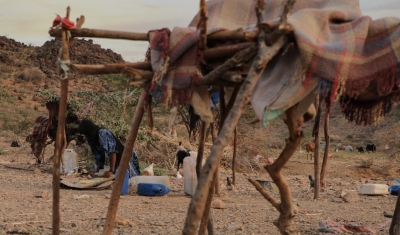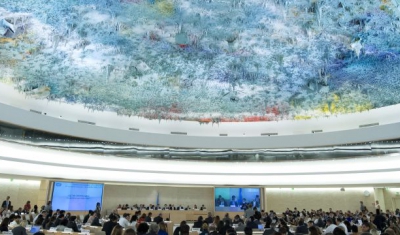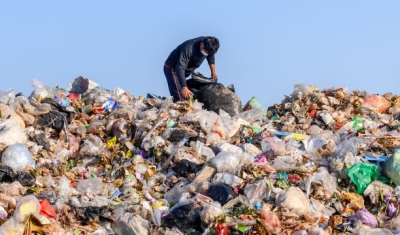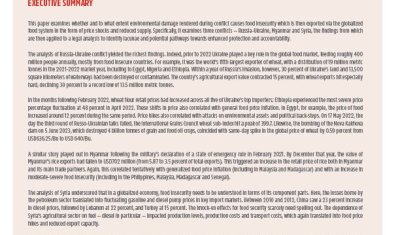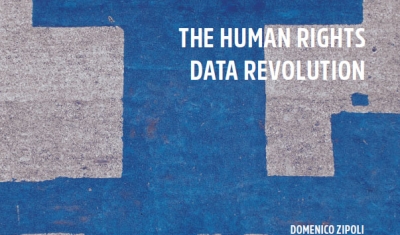Towards Guidance on the Use of Less-Lethal Weapons in Law Enforcement

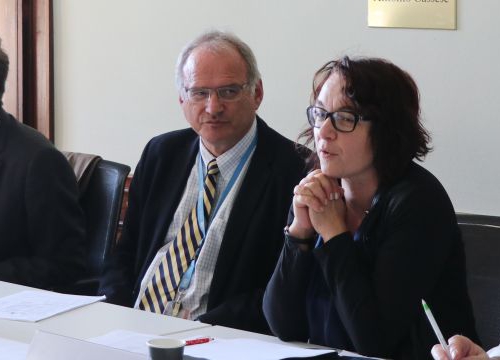
Geneva Academy
11 October 2018
On 8 and 9 October, members of the Academic Working Group – a group of experts convened by the Geneva Academy and the Institute for International and Comparative Law in Africa (University of Pretoria) – met at the Villa Moynier to consult states and to discuss revisions made to a proposed text of guidance on less-lethal weapons (LLWs) and related equipment in law enforcement.
The Academic Working Group includes academic experts, members of United Nations (UN) specialized bodies, UN Special Rapporteurs, members of UN treaty bodies, representatives of other international organizations, law enforcement officials, experts in police oversight, non-governmental organizations and civil society.
A Document Providing Guidance to States, Law Enforcement Agencies, manufacturers and Other Stakeholders
The text, which is intended to provide guidance on the lawful and responsible design, production, procurement, testing, training, transfer, deployment, and use of LLWs and related equipment, is hoped to be of use to states, law enforcement agencies, manufacturers, human rights bodies and mechanisms, private security companies, police oversight bodies, human rights defenders, as well as individuals seeking to assert their right to a remedy for human rights violations.

A Large Consultation Process with a Broad Range of Stakeholders
After a written consultation process which had run for three months over the summer, and several consultations in Pretoria and in Cambridge, a number of revisions had been made to the latest draft, which was discussed in the meeting. The meeting also states through their diplomatic missions in Geneva to make inputs on the draft.
‘All diplomatic missions were invited, and we are grateful to those delegations who attended, asked questions and provided comments’ underlines Kamelia Kemileva, co-coordinator of the Geneva Human Rights Platform.
‘It is vital, when conceiving standards in this sometimes highly contested space, that there are opportunities to consult all the stakeholders. Only on the basis of frank exchanges can standards speak properly to the challenges faced on the ground’ says Professor Christof Heyns.
In light of the exchanges, and after some further reviews or requests for clarification on certain technical matters, the text will be finalised and is intended for publication in 2019.
Under the Umbrella of the Geneva Human Rights Platform
This process forms part of the Geneva Human Rights Platform and its focus on current challenges related to the use of force.
The Geneva Human Rights Platform provides a dynamic forum in Geneva for all stakeholders in the field of human rights – experts, practitioners, diplomats and civil society – to discuss and debate topical issues and challenges. Relying on academic research and findings, it enables various actors to become better connected, break down silos and, hence, advance human rights.





